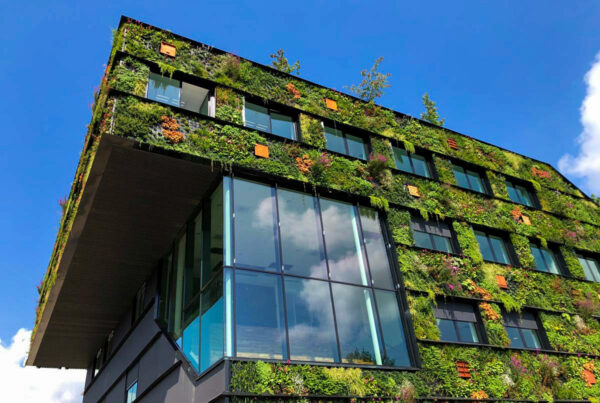Making informed decisions about construction strategies remains an ongoing challenge for firms across the UK. With an ever-growing emphasis on environmental responsibility, opting for the most sustainable building options is becoming increasingly pivotal, whether engaged in extensive projects or working in remote locations.
Enter modular buildings—an emerging trend particularly embraced by larger construction firms. As accessibility to these structures continues to expand, it’s becoming clear that small- to medium-sized companies shouldn’t overlook their potential benefits.
Understanding Modular Buildings
Modular construction involves erecting buildings off-site before transporting them to the project location. These structures, produced in ‘modules’ that seamlessly fit together, offer versatility for both temporary and permanent purposes.
The allure of modular buildings lies in their efficiency. Constructed under controlled conditions, they’re manufactured in nearly half the time, making them not just an efficient but also a greener option for construction firms.
The Significance of Sustainability in Construction
Construction is recognised as one of the most hazardous industries, posing threats to both workers and the environment. The sector contributes significantly to large particle pollution in the UK, making sustainable practices on-site a pressing need to mitigate these environmental impacts.
Why Modular Buildings Champion Sustainability
Lower Carbon Footprint: Studies reveal that modular buildings emit significantly less carbon compared to traditional building methods. With an average of 45% lower emissions and the potential for a reduction of up to 60%, these structures contribute to clearer air and healthier environments by minimising pollution.
Enhanced Flexibility: The adaptability of modular buildings is a standout feature. They can be disassembled and repurposed in new locations or entirely refurbished, reducing energy demands and lessening the need for excess raw materials.
Reduced Waste: Constructing modular units in a factory setting allows for better management of materials, enabling recycling and repurposing of components. This mitigates unnecessary waste, a significant environmental concern in on-site construction.
Safer Sites: Installing modular buildings on-site is swift and tidy, requiring fewer off-site journeys. This results in reduced dust, noise, air, and water pollution, emphasising the importance for construction firms to prioritise their environmental impact in day-to-day operations.
Sustainable construction practices are becoming imperative. Embracing modular buildings presents an opportunity for the industry to minimise its environmental footprint while enhancing efficiency and adaptability in construction projects.




